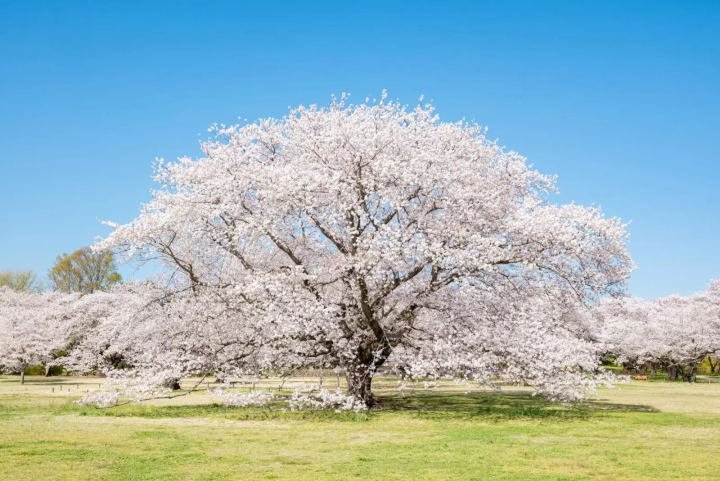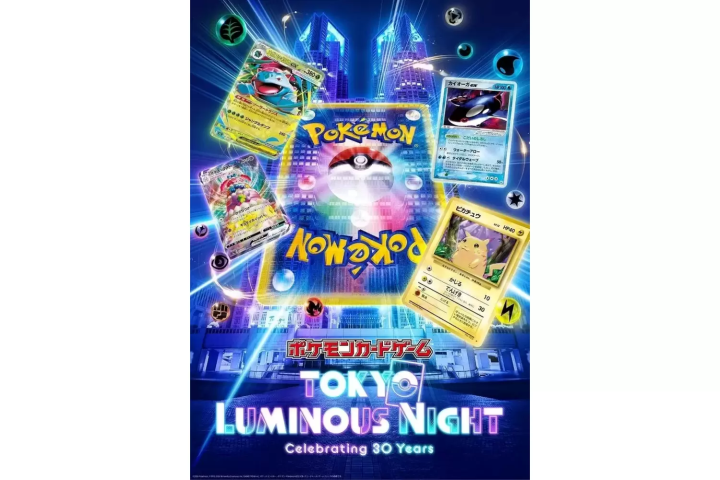Learn The Impossible! Untranslatable Japanese Phrases

Some of the common Japanese phrases have no direct equivalent in English and other languages. Nonetheless, they are very useful when trying to get your point across in Japan. This article introduces a selection of untranslatable Japanese phrases and what they mean.
Lost in Translation? Difficult Japanese Phrases
Japanese language learners and translators will often find that a given word or expression in Japanese cannot be clearly or easily expressed in English or another language. It may translate in one form or another, but it lacks the impact and nuance that the original word has.
After encountering this time after time, we thought it might be helpful to put some of the more positive words and phrases down, so that others that come across them might have a better interpretation of their meaning.
If you want to boost your Japanese language skills through online or in-person lessons, consider applying for a course at Tokyo Central Japanese Language School (TCJ).

Click on the voucher above to find a promo code that allows you to get a discount on learning materials at TCJ! The discounts range between 5,000 yen and 20,000 yen depending on the course you're applying for.
Japanese Words That Are Challenging To Translate

Picture from Best 5 Spots To Admire Autumn Leaves in Osaka. Enjoy The Views!
Komorebi is an oft-quoted Japanese word online. Meaning “the light of the sun as it filters through the leaves of a tree”, it is mainly a poetic word that you won’t encounter in everyday Japanese but has a certain romantic something to it. It’s a very useful word when you want to talk about the beauty of momiji though.

Picture from Japan's Summer Festivals - How To Enjoy The Famous Matsuri
Yoisho is technically a sound effect or onomatopoeia, of which there are thousands in Japanese, and which vary by region as well. Essentially, yoisho is the sound one makes when about to do something strenuous or difficult. If you listen closely, you will likely hear the people who haul o-mikoshi around at festivals say this when they first pick up the heavy portable shrines before they start the ritual chants of "wasshoi," which means "heave-ho."

取自「從池袋徒步可到!來雜司谷鬼子母神堂散步,體驗「老東京」文化」
Natsukashii is a great word - although many dictionaries directly translate it as meaning "nostalgic," or "nostalgia," the sense of a slightly sad longing for the past that accompanies this expression isn’t quite there. Many people use this word when talking about something that isn’t there anymore, or when visiting a place that reminds them of the good old days. If you want to get a better appreciation for this feeling, head to a shotengai (traditional shopping street) or a historical cafe, and you’re sure to get the meaning in no time.
And, as a bonus, here is one of our favorite Japanese words: nantonaku. While it means "vaguely" or "for some reason or another," it is commonly used to express the sense that you sort of understand something, but aren’t completely certain that you’ve got it just yet.
Unique Phrases and Expressions in Japanese
Japanese Greetings

Picture from Get To Know Japan By Meeting Its People - Nishiarai's "Warm Up Fes"
While in Japan, you are sure to hear a lot of different greetings, daily expressions and phrases that even the best phrasebook won’t be able to translate. Four of the most common are: yoroshiku, otsukaresama, and itadakimasu, and gochisousama.

Picture from Try Traditional Martial Arts! Samurai Trip Kendo Classroom
Yoroshiku translates easily as "best regards," but the feeling of this expression is often explained as "please take care of me" or "please treat me favorably," which are not expressions that most non-Japanese speakers ever need to use. It's the sort of expression you might want to use if you were staying as a guest at someone's home, to express your gratefulness for their taking care of you. If you are asking someone for a favor, you will typically say this at the end of your request.
Otsukaresama, when directly translated, comes across as "that’s enough for today" or "you seem tired" when said to another person, but it essentially means "thank you for your hard work," or "you’ve worked hard today." This phrase is used whenever leaving work, when saying goodbye to a co-worker or even as a greeting when you see someone after a day at work. It’s very multi-purpose and a good way to end a long day at work.

Picture from 10 Things You Should Know About Eating Out In Japan
Itadakimasu and gochisousama are phrases related to eating; more specifically, "itadakimasu" is said before the meal, and essentially is an expression of gratitude for having the food. While not exactly a prayer, it has a somewhat similar feeling to it and is most often spoken before enjoying a home-cooked meal, or when out at a restaurant with friends, although you might even see people out eating alone whispering this word to themselves before digging in.
On the other hand, "gochisousama" means "thank-you for the meal" (especially when you have been treated), while gochisousamadeshita means "what a wonderful meal" and is usually said to the cook or to the restaurant staff after you have paid and are on your way out of the restaurant.
To learn more about daily Japanese expressions, travel-related Japanese and phrases to help you out at a restaurant, please take a look at the following articles: Basic Japanese Phrases You Can Use While In Japan!, Ask For Directions In Japanese! 14 Phrases You Need To Know, and 13 Japanese Phrases You Can Use At Restaurants.
Japanese Phrases

Picture from Japanese Encylopedia: Ramen
Kuse ni naru is a phrase that means "to become a habit" which sounds innocent enough, but actually has the nuance of "to become addicted to (something)." If you are like most visitors to Japan, you just might find yourself getting addicted to all the great restaurants you’ll find here, whether it be sushi bars, ramen restaurants or cafes selling matcha-based sweets.

取自「【便利商店】日本人私底下嘴饞都愛吃這個!人氣『原創零食篇』」
Kuchi sabishii or "lonely mouth," is a far nicer sounding expression than its rough English equivalent: "eating out of boredom." However, that is essentially what it translates to the sense of wanting to snack on something when you are not particularly feeling hungry.
As Japan has abundant numbers of sweets, savory treats, ice creams and more to choose from, you are sure to find the right food to make your mouth feel better though.
Other Japanese Expressions with No English Equivalents

Picture from Enjoy The Collaboration Of Nature And Lights! 5 Fireworks Festivals In Kanto
Mononoaware is the understanding, awareness and appreciation of the fleeting nature of beauty, an aesthetic sense that is central to Japanese art and culture. Covering everything from sakura (cherry blossoms), which have a very short blooming season, and summer fireworks, to ikebana, tea ceremony and even Japanese gardens, the sense of mononoaware is one that visitors to Japan will soon find themselves understanding, nantonaku.

Picture from What To Do In Case Of An Earthquake During Your Trip In Japan
Nanakorobi yaoki is an idiom that translates to “fall down seven times, get up eight” and is one of the best ways to describe the Japanese spirit. Meaning that “if at first, you don't succeed try, try again” in English, the greater nuance to this expression is that, no matter what happens, one should keep trying. A similar word - ganbatte - is used to cheer people on, and is exactly the expression that those who have suffered strife rally behind.
Japanese Lost in Translation
When traveling to and within Japan, you might want to pick up some phrases in Japanese. Basic greetings and words expressing gratitude should be the first on your list of Japanese words. But if you wish to get a step further in understanding the culture of the country you're visiting, try to remember these common phrases that have no direct equivalent in other languages. They will make your cultural experiences in Japan even more exciting!
Read also
Main image by Pixta
Born in 1959. Currently working as a freelance translator, after 21 years in various companies.






































![[Ski resorts close in 2026] Enjoy the snowy scenery of Mt. Gozaisho in winter, accessible from Nagoya!](https://resources.matcha-jp.com/resize/720x2000/2024/12/16-215480.webp)
![[ Kusatsu City Shiga Prefecture ] Spring isn't just about cherry blossoms! 4 recommended spots to see blooming wisteria](https://resources.matcha-jp.com/resize/720x2000/2026/03/03-260242.webp)
![[Yufuin] Yunohira Onsen: A Hidden Gem of Red Lanterns and Ancient Stone Paths](https://resources.matcha-jp.com/resize/720x2000/2026/03/03-260208.webp)
![[30 minutes from Nagoya!] Enjoy Tokoname strawberries at a cafe in Tokoname](https://resources.matcha-jp.com/resize/720x2000/2026/02/20-259382.webp)
![[Fukui Prefecture] Eat, drink, and take home! Enjoy Tsuruga City's gourmet food and souvenirs](https://resources.matcha-jp.com/resize/720x2000/2026/02/12-258491.webp)